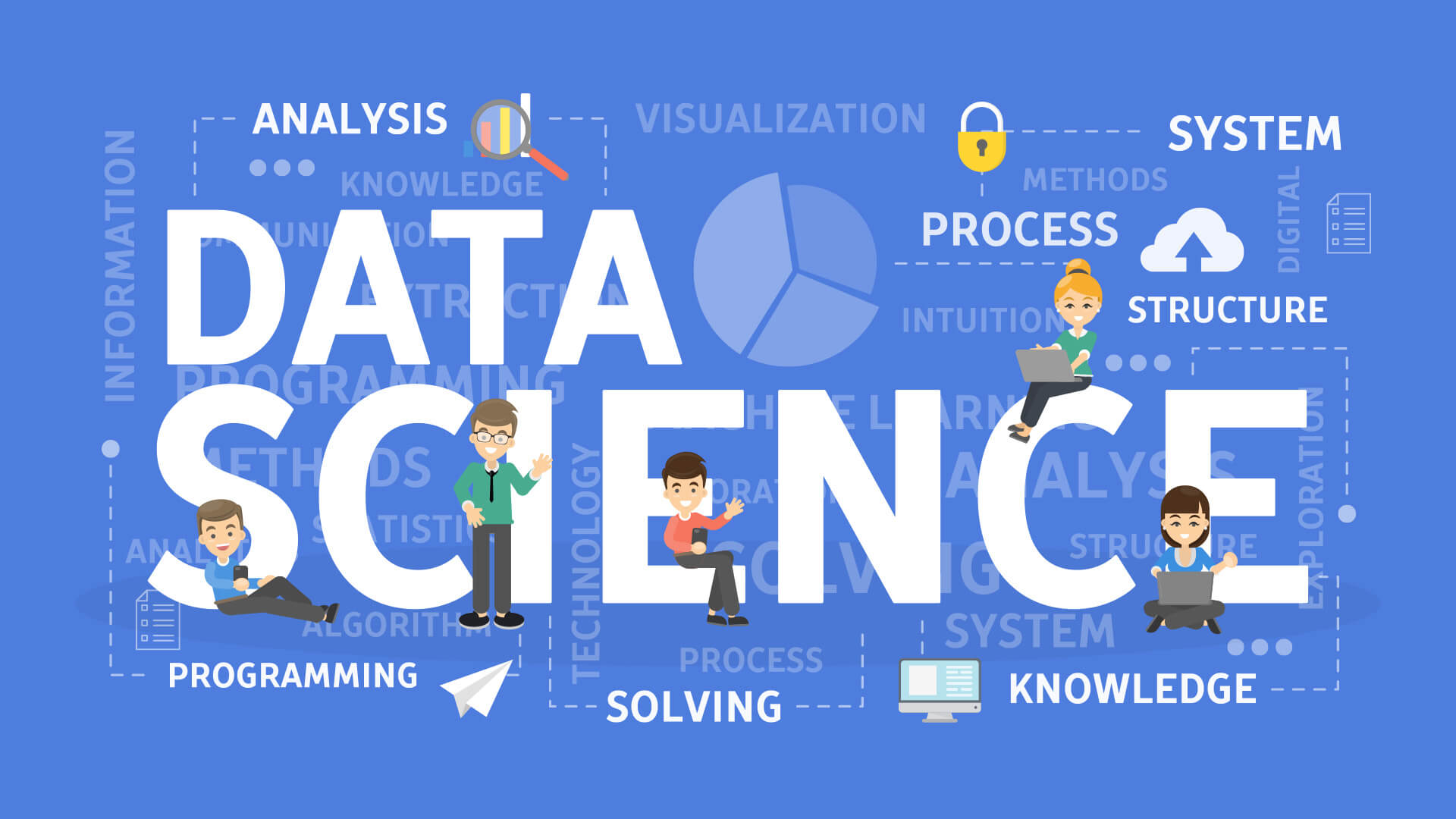To become a successful data scientist, you’ll need a mix of technical, analytical, and soft skills. Here are the key skills required:
1. Programming Skills
Python R: These are the most common languages used for data science tasks. Python is widely preferred because of its simplicity and extensive libraries (e.g., Pandas, NumPy, Scikit-learn).
SQL: Essential for querying and working with databases.
Other languages: Some familiarity with languages like Java or Scala can be helpful, especially for working with big data frameworks.
2. Mathematics Statistics
Probability Statistics: Understanding statistical tests, probability distributions, hypothesis testing, and regression analysis is critical for interpreting data and making data-driven decisions.
Linear Algebra Calculus: Useful for machine learning algorithms and optimization problems.
3. Machine Learning AI
Supervised and Unsupervised Learning: Know how to implement and tune algorithms like linear regression, decision trees, random forests, and k-means clustering.
Deep Learning: Familiarity with neural networks and frameworks like TensorFlow and PyTorch can be advantageous for handling complex datasets (e.g., image or text data).
Model Evaluation: Skills in evaluating model performance (e.g., cross-validation, ROC, precision, recall, F1-score).
4. Data Wrangling Preprocessing
Ability to clean, transform, and manipulate raw data into a structured format for analysis. This includes handling missing data, outliers, and data normalization.
Data Cleaning: Using tools and techniques to deal with inconsistencies and quality issues in data.
5. Data Visualization
Tools: Proficiency with visualization tools like Matplotlib, Seaborn, Plotly (for Python) or ggplot2 (for R).
Storytelling: Being able to present data findings clearly through visualizations, making complex concepts understandable for non-technical stakeholders.
6. Big Data Technologies
Familiarity with big data frameworks such as Hadoop, Spark, or Hive for working with large datasets that don’t fit into memory.
Cloud Computing: Knowledge of cloud platforms like AWS, Azure, or Google Cloud can be helpful for handling large-scale data and computing needs.
7. Business Acumen
Understanding the domain you’re working in (e.g., healthcare, finance, e-commerce) is essential for framing problems and delivering actionable insights that drive business value.
Collaborating with business stakeholders to define key questions and goals.
8. Problem-Solving Skills
Data science often requires creative problem-solving. You’ll need to approach problems analytically, break them into manageable pieces, and use the right tools to find solutions.
Visit here- Data Science Classes in Pune
0

